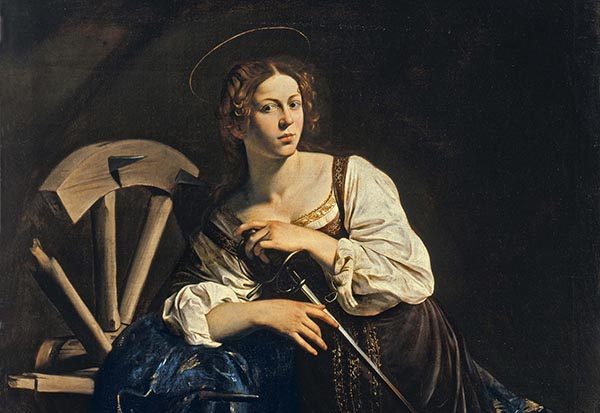“In Cameroon, the Catholic Church takes on the role of mediator in the dialogue: In this sense, we try to mediate between the two parties, even if they have to solve the problem themselves through dialogue. In the English-speaking regions, 40% of the population say they are Christian and our presence is aimed at promoting peace. We work a lot with the local population, but also with the military and separatist fighters so that the dialogue can lead to a solution. It must be said that our work to promote peace has resulted in the high price of violence against our laypeople and priests”, Msgr. Andrew Nkea Fuanya, Archbishop of the Metropolitan Archdiocese of Bamenda, told Agenzia Fides in a review of the painful situation in which the Anglophone regions of the country have lived since 2016 and which is characterized by conflict, extreme violence, poverty, and terror.
The Archbishop explains why staff, including priests and religious, ended up in the crosshairs of the violence, even though they acted as mediators: “This situation arose because of a dramatic underlying misunderstanding. Everyone here believes in the Church, regardless of their position there was a time when the government portrayed us as “rebel advocates” while how separatists saw us as “pro-government” for condemning violence against civilians, but we know the Church of Christ is persecuted as He himself said in the Gospel ‘they will persecute the Masterer and his disciples. So it is not a new situation for us who choose to continue paying the price until we achieve peace for our beloved regions and our beloved people”.
In an international context, said the Archbishop, the recent trip by Cardinal Pietro Parolin, who visited Cameroon last January, aroused many expectations and high hopes. The State Secretary of the Vatican was the first representative of a foreign authority to visit the people of the north-eastern and north-western regions of Cameroon since the crisis began in 2016.
Archbishop Nkea Fuanya notes: “I believe that the Cardinal’s visit will be a crucial step towards peace. Cardinal Parolin came to Bamenda to hand me the pallium as the new Metropolitan of the diocese, but above all to express the Pope’s closeness to people in need. It was a great consolation for priests and bishops, religious and faithful because the Pope is close to us. Cardinal Parolin met the priests and bishops at a meeting: it was a great incentive to remain faithful to our mission and a great encouragement for the people. The Cardinal showed that the Pope is closely following our situation with deep concern. Despite the threats from the opposition to those who took part in the events, the population was not deterred and this shows without a doubt how happy the people were to meet the Pope’s envoy, who had come with a message of peace. His visit was a milestone on the way to peace for our regions. It is important for us to know that the Holy See desires peace and seeks to actively promote it by speaking to both sides. The Church’s engagement at the universal and local levels is fundamental. We as bishops keep the Holy See informed of every step, and thus the Holy See can contribute through the activities of the local bishops. The population has great confidence in the Church and that is why many parties see the Holy See as a credible actor who can support dialogue and reconciliation”.








